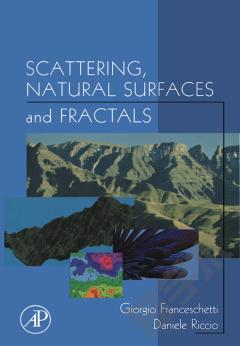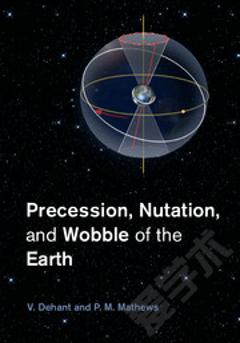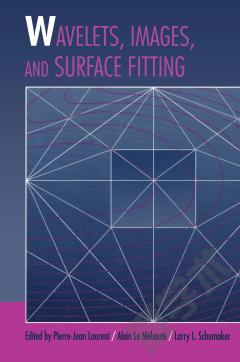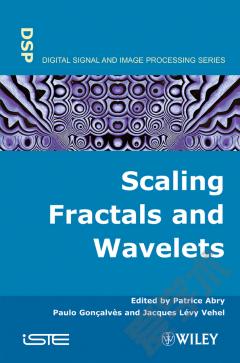Scattering, Natural Surfaces, and Fractals
Scattering, Natural Surfaces, and Fractals provides a comprehensive overview of electromagnetic scattering from natural surfaces, ranging from the classical to the more recent (fractal) approach. As remote sensing applications become increasingly important, this text provides readers with a solid background in interpretation, classification and thematization of microwave images. The cattering problem聰 is discussed in detail with emphasis on its application to electromagnetic wave propagation, remote sensing, radar detection, and electromagnetic diagnostics. Natural surface and fractals complete this treatise focusing on how the fractal model represents our natural environment and other planets in our solar system, most recently as used to research the planet Venus and Titan, one of the moons of Saturn. An example of how scattering, fractals, and natural surfaces are of great importance is the following: Natural oil slicks in the ocean have been found to be fractal while man-made ones (generated by illegal washing of oil carrying ships) are not. Processing of an ocean image from space may detect the latter by means of a fractal analysis. An elegant and clear treatment of a rigorous topic with informative prose and realistic illustrations of scatteringProvides readers with a solid background in interpretation, classification, and thematization of microwave imagesThe only book available on fractal models and their application to scattering
{{comment.content}}








 京公网安备 11010802027623号
京公网安备 11010802027623号